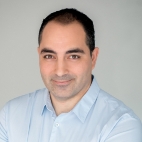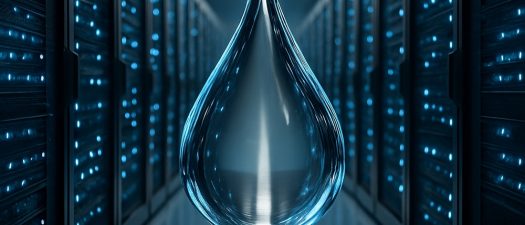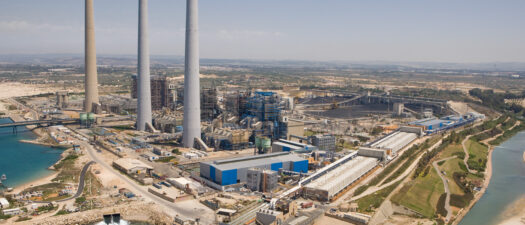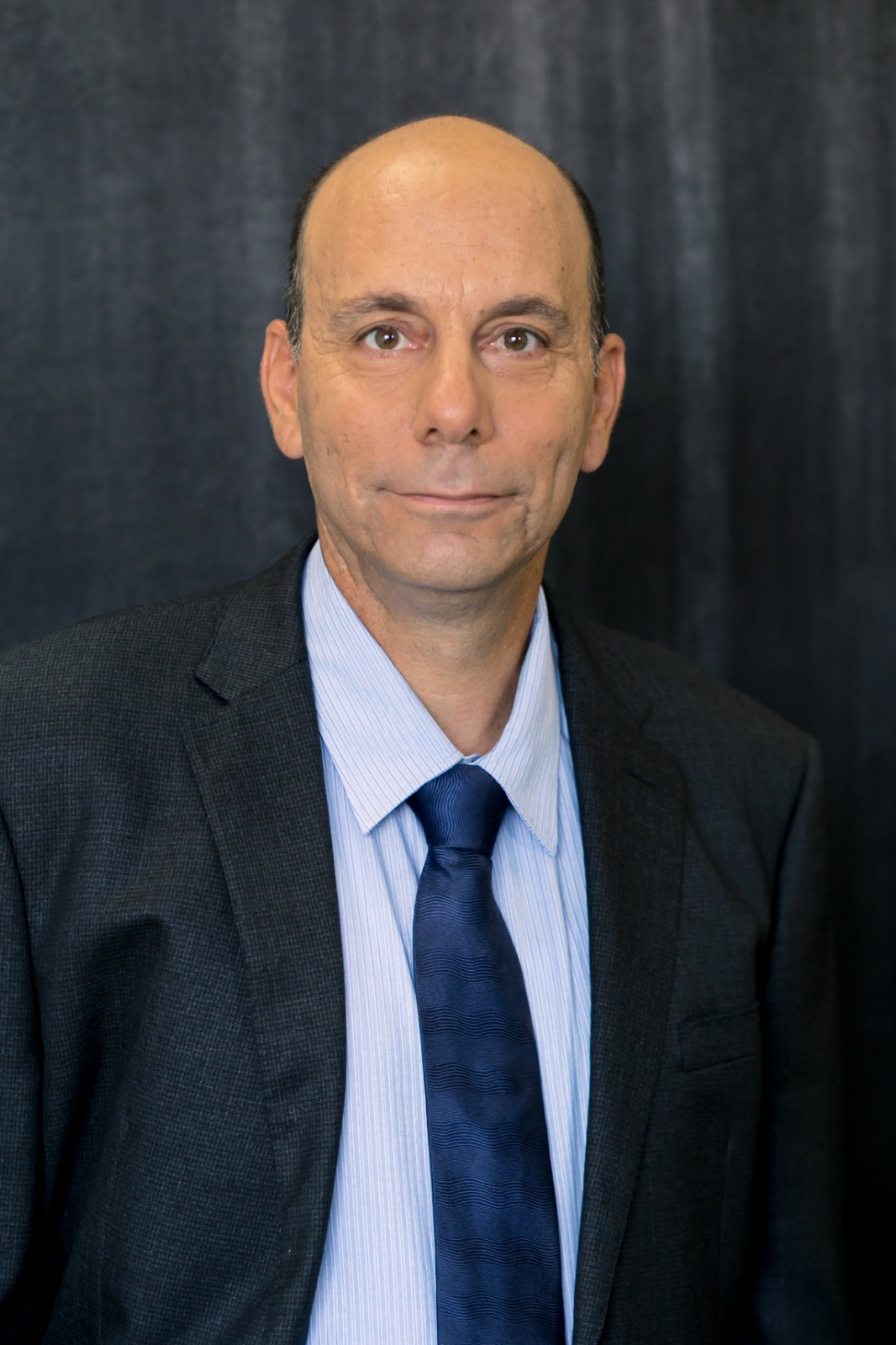As AI adoption accelerates, data centers have become the physical backbone of the digital world, powering everything from virtual assistants to predictive analytics and.
Industrial Water Treatment in the Semiconductor Industry: Challenges & Opportunities
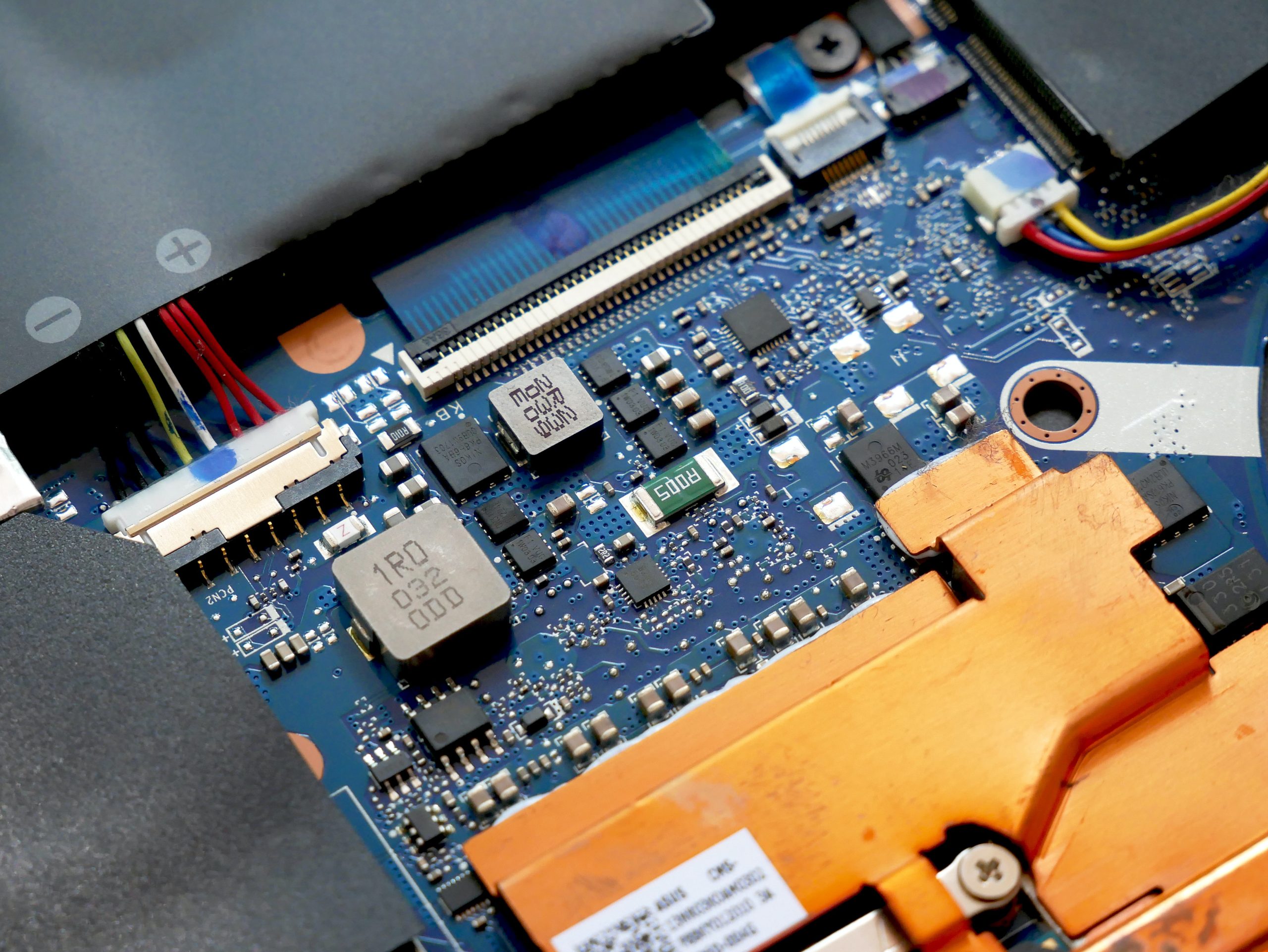
The semiconductor industry is a cornerstone of modern technology, producing chips and processors that power our digital world. However, it’s also a sector with unique challenges, particularly when it comes to water usage.
Semiconductor Water: A Double-Edged Sword
In the world of semiconductors, where precision and purity are paramount, water quality is non-negotiable. Chips and processors, the backbone of modern technology, are sensitive components that demand ultra-pure water throughout their production journey. Minute contaminants present in the water can spell disaster, leading to defects, compromised functionality, and a significant decline in product reliability. As a result, the semiconductor industry’s insistence on ultra-pure water for its manufacturing processes is not a nice-to-have, but rather a must-have.
Navigating Compliance and Advanced Water Treatment
Maintaining this water purity level is just one facet of the semiconductor industry’s water-related challenges. The manufacturing processes generate a substantial volume of contaminated wastewater that cannot be released into the environment without proper treatment.
Regulatory bodies impose strict standards on industrial wastewater discharge to protect the environment and public health. Violating these regulations can result in hefty fines and legal consequences, which can significantly impact a semiconductor manufacturer’s bottom line and reputation.
Diminishing Access to External Water Resources
Another challenge facing the semiconductor industry is the diminishing access to external water resources. Securing water from such sources has become prohibitively expensive, as regulators prioritize individual consumers over profitable businesses, essentially imposing a premium on water for manufacturing. This puts semiconductor companies in a challenging position, forcing them to pay a premium for pure water, whilst also investing heavily in the treatment and disposal of contaminated water.
The Path to Sustainability: Water Recovery
Recognizing the significance of these risks and challenges, semiconductor manufacturers have realized that recovering as much water as possible within their processes is the most sustainable and cost-effective approach. In order to achieve this they have turned to industrial water treatment systems as a vital solution. By implementing advanced water treatment solutions, these companies can effectively produce clean water for their ongoing operation, remove impurities from their wastewater, ensure compliance with regulatory standards, and minimize their environmental impact.
However, industrial water treatment, especially for the semiconductor industry with its high demands, is not a simple process. This is where innovative solutions come into play.

IDE has developed a disruptive industrial water treatment solution
Game-Changing Industrial Water Treatment Solutions
For years, the industry relied on the conventional treatment process downstream of the MBR (Membrane Bio-Reactor) treatment. This conventional process was based on the HERO process (High-Efficiency Reverse Osmosis), a common industrial water treatment practice that addresses specific challenges associated with water quality, mainly silica containing water. The HERO process involves procedures such as lime softening and ion exchange for the removal of hardness, degasification for the removal of alkalinity, and pH adjustment to keep the silica soluble. While being able to handle the toughest industrial feedwater and wastewater challenges and deliver a high recovery rate, this method requires significant effort and the use of many chemicals. It also faces challenges related to the high sensitivity of the process in which a small error can cause damage to equipment, hindering desalination and high recovery.
Disruptive Industrial Water Treatment solutions
IDE has developed a disruptive industrial water treatment solution that solves some of the issues associated with the conventional process. This technology is a combination of two complementary technologies: PFRO (Pulse-Flow Reverse Osmosis) and MAX H2O Desalter. These technologies enable high water recovery rates at a neutral pH without the complexity issues and the high chemical demand associated with traditional methods like the HERO process. PFRO and MAX H20 Desalter significantly reduce capital costs, footprint, and operational expenses.
Transitioning to Zero Liquid Discharge with Desalter Water Treatment System
Both the HERO and Desalter processes can concentrate the water significantly and reach a brine concentration of about 10%, meeting the requirements for many plants. However, many semiconductor industry players are now opting for the next step: Zero Liquid Discharge (ZLD) and thermal desalination to achieve even higher water recovery and more importantly, no liquid discharge. In such cases, the Desalter offers an additional benefit by removing silica, a common challenge in semiconductor water treatment. Silica can scale the crystallizer heat transfer tube, making it difficult to achieve high recovery rates through treatment. While with the conventional technologies the silica stays soluble and must be treated in the evaporator, in the Desalter process, the majority of the silica is removed during the process, significantly reducing the scaling risk in the crystallizer portion.
Semiconductor Wastewater Treatment meets PFAS Contamination
Another reason ZLD has become a coveted option for the semiconductor industry is the increasing pressure from regulators to address PFAS (Per- and Polyfluoroalkyl Substances) contamination. PFAS, or Per and Polyfluoroalkyl Substances, represent a group of synthetic chemicals that have gained widespread attention and concern across various industries. In the semiconductor industry, the potential for PFAS contamination arises from the use of PFAS containing chemicals and materials in manufacturing processes. Over time, these chemicals can find their way into wastewater streams, and if not properly managed and treated, they can have potential adverse effects on human health and the environment. Some PFAS chemicals have been associated with health risks, including developmental issues, immune system disorders, and an increased risk of certain cancers.
As a result, regulatory bodies and environmental agencies have been increasingly focused on monitoring and regulating PFAS in water sources and industrial wastewater. The looming threat of regulatory action is pushing these companies toward ZLD and advanced water treatment technologies.
Pioneering Sustainability in Semiconductors
The semiconductor industry, the bedrock of modern technology, is facing a pivotal moment. As the demand for chips and processors surges to unprecedented levels, so do the challenges associated with water usage and environmental responsibility.
Water is a precious resource, and its responsible management is crucial for the semiconductor industry’s sustainability. Disruptive water recovery technologies are transforming the way semiconductor companies approach water treatment solutions, enabling them to reduce costs, environmental impact, and regulatory risks. As the industry continues to evolve, innovative solutions will play a pivotal role in ensuring the semiconductor sector’s long-term success.
Learn more about our advanced solutions for the Semiconductors industry



